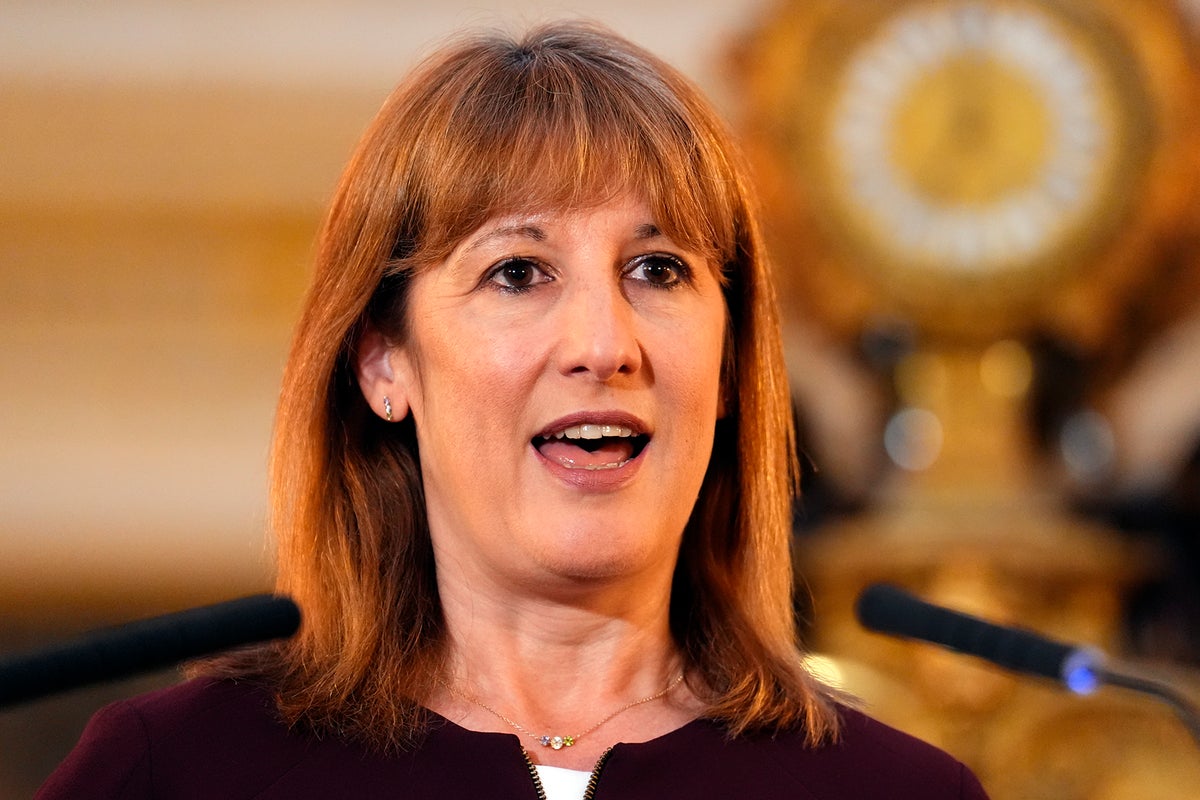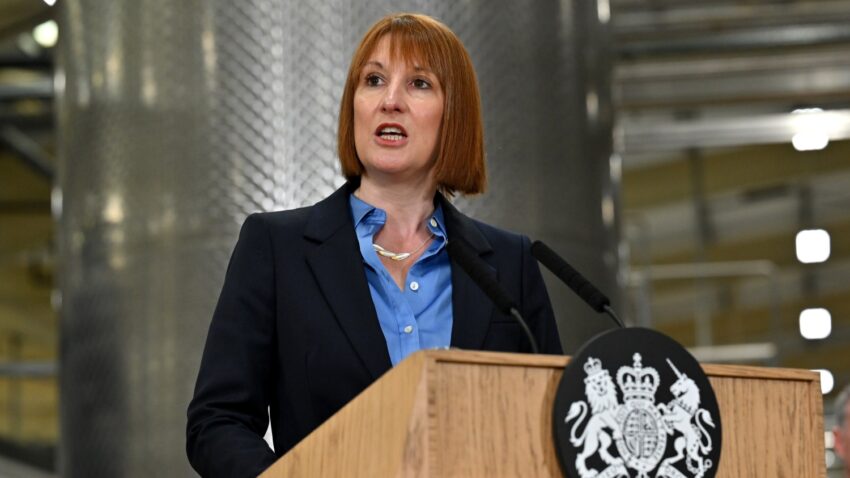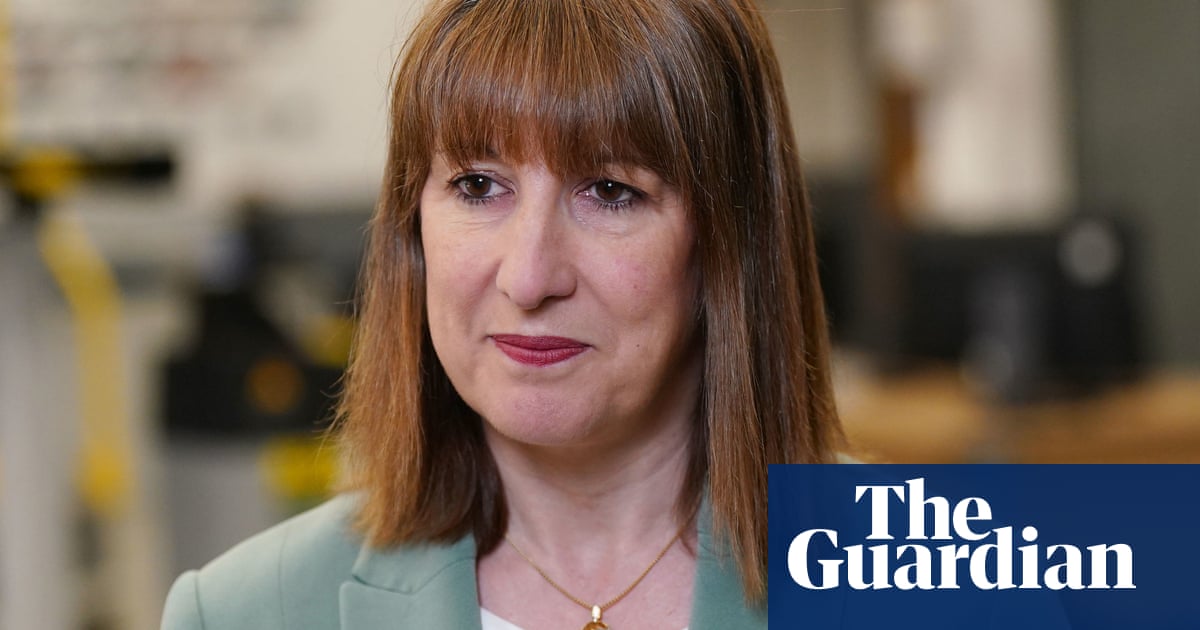#public-finance
#public-finance
[ follow ]
#tax-policy #reproductive-rights #labour-party #economic-policy #wealth-tax #journalism #uk-politics #budget
Miscellaneous
fromLondon Business News | Londonlovesbusiness.com
2 weeks agoGovernment could spend 17bn more on defence by 2029 - London Business News | Londonlovesbusiness.com
Raising UK defence spending to 3% GDP would cost £17.3bn annually, requiring major budgetary choices amid rising security threats.
fromBitcoin Magazine
1 month agoTennessee Lawmakers Weigh Strategic Bitcoin Reserve Bill
House Bill 1695, known as the Tennessee Strategic Bitcoin Reserve Act, was filed earlier this month by Rep. Jody Barrett (R-Dickson). The bill is scheduled for consideration during the current session of the 114th Tennessee General Assembly. It would grant the State Treasurer authority to invest a limited share of select state funds in bitcoin. The bill's findings cite inflation as a central concern.
US politics
US politics
fromFortune
1 month ago'Some form of crisis is almost inevitable': The $38 trillion national debt will soon be growing faster than the U.S. economy itself, watchdog warns | Fortune
U.S. national debt equals 100% of GDP; without pro-growth deficit reduction, multiple fiscal crises—including austerity-triggered deep recession—are likely.
Miscellaneous
fromIrish Independent
2 months agoGovernment must take action to counter falling birth rate, report states
Falling birth rates will drive population ageing, workforce decline, strained public finances, and inadequate infrastructure unless births and labour-force participation are supported.
fromTechCrunch
2 months agoAI data center boom could be bad news for other infrastructure projects | TechCrunch
In 2025, state and local governments reportedly sold a record amount of debt for the second year in a row, with strategists predicting another $600 billion in sales next year. Most of that money is expected to fund infrastructure projects. Meanwhile, Census Bureau data reportedly shows that private spending on data center construction was running at annualized run rate of more than $41 billion - roughly the same as state and local government spending on transportation construction.
US politics
fromwww.theguardian.com
3 months agoHow could Reeves hit gambling firms and are they fearmongering over impact?
Gambling companies don't lose very often but nor are they usually playing a game of poker against the chancellor of the exchequer. At next week's budget, Rachel Reeves is widely expected to announce an increase in the duties that bookies and casinos pay to the Treasury, ending months of speculation and frenzied lobbying designed to sway the government. The tax rise could cost the industry
UK politics
fromwww.theguardian.com
3 months agoScotland plans to issue 1.5bn of its own bonds kilts' rather than gilts
Moody's said its rating was supported by the well-established devolution framework that Scotland operated under, with a requirement to maintain a balanced budget and predictable grant allocation. The ratings agency added that the Scottish National party (SNP) government had demonstrated prudent fiscal management. Swinney said: The Scottish government's high credit ratings are testament to Scotland's strong institutions, track record of responsible fiscal management and pro-business environment. He said the proceeds would be used to fund, capital investment in key infrastructure.
UK news
fromIrish Independent
3 months agoAlmost half of all government spending will be age-related by 2065
The population should be stable by 2065, increasing at just 0.1pc a year. By then, however, there will have been a "transformative" 26pc increase in the number of people living here. The working-age population will increase from 3.55 million to 3.98 million by the early 2040s, at which point it will level off before declining to 3.89 million by 2065.
Miscellaneous
UK politics
fromIndependent
4 months agoMartina Devlin: Don't let them tell you PTSB sale is a 'hurrah' moment - it's built on the pain and suffering of ordinary taxpayers
Taxpayers' €4bn rescued PTSB, yet citizens' sacrifices receive little gratitude and a strong sense of injustice surrounds the bank's sale.
France news
fromwww.theguardian.com
4 months agoFrance is in crisis but bond markets leave other governments at risk of meltdown, too
France's political instability and strained public finances forced Prime Minister Sebastien Lecornu to resign, exposing wider bond-market pressure across major economies.
Portland
fromOregon ArtsWatch * Arts & Culture News
5 months agoPortland Parks & Recreation levy campaign launches amid funding challenges * Oregon ArtsWatch
Portland seeks voter approval for a five-year parks levy to raise 91.2 million dollars annually to fund parks, arts programs, and avert large service cuts.
fromThe Mercury News
5 months agoLetters: What private investor would put money into high-speed rail?
It's delusional in the extreme to think that investors, even in magical-thinking Silicon Valley, would be willing to put money into a project with absolutely no possibility of being profitable. Public projects are for public benefit, not profits. The central question respecting the high-speed rail now is whether, short of making all the money in the world available to build it, it can be built at all in the current century.
US politics
fromwww.theguardian.com
6 months agoReeves leaves no stone unturned as she mulls reforms for property tax
Rachel Reeves is in favour of radical tax reform or at least she was in 2018. We need a radical overhaul of the tax system because our current system of wealth taxation isn't working, she argued in her pamphlet The Everyday Economy. Seven years later, in her second year as chancellor, Reeves appears to be returning to some of the themes in that pamphlet, especially as it relates to the UK's convoluted and unpopular system of taxing property.
UK politics
fromwww.theguardian.com
8 months agoUK bond yields rise sharply amid speculation over future of Rachel Reeves
UK government borrowing costs surged as speculation over Rachel Reeves's role as chancellor intensified. City investors flagged a multibillion-pound deficit due to Labour's welfare policy reversal.
UK politics
UK politics
fromwww.theguardian.com
10 months agoNo simple answers' for Reform after local election success, senior Tory warns UK politics live
Reform UK faces complex local public finance challenges after success in elections, requiring them to make tough choices and prove their governance capabilities.
[ Load more ]












